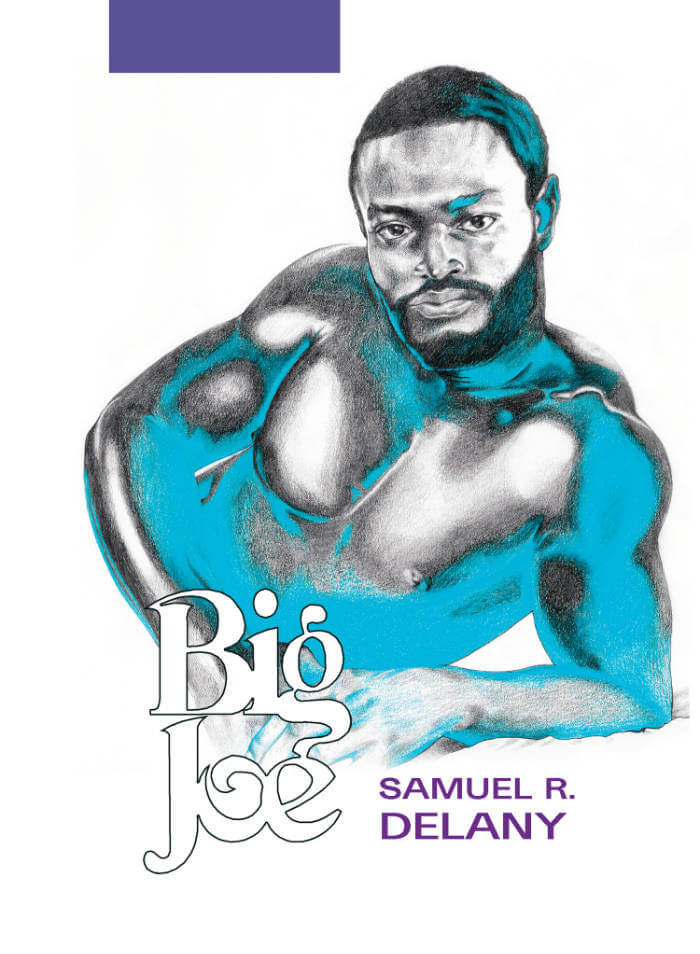
Queer Experimental Literature: The Affective Politics of Bad Reading
This volume argues that postwar writers queer the affective relations of reading through experiments with literary form. Tyler Bradway conceptualizes "bad reading" as an affective politics that stimulates queer relations of erotic and political belonging in the event of reading. These incipiently social relations press back against legal, economic, and discursive forces that reduce queerness into a mode of individuality.
Each chapter traces the affective politics of bad reading against moments when queer relationality is prohibited, obstructed, or destroyed—from the pre-Stonewall literary obscenity debates, through the AIDS crisis, to the emergence of neoliberal homonormativity and the gentrification of the queer avant-garde. Bradway contests the common narrative that experimental writing is too formalist to engender a mode of social imagination. Instead, he illuminates how queer experimental literature uses form to redraw the affective and social relations that structure the heteronormative public sphere.
Through close readings informed by affect theory, Queer Experimental Literature offers new perspectives on writers such as William S. Burroughs, Samuel R. Delany, Kathy Acker, Jeanette Winterson, Eve Kosofsky Sedgwick, Alison Bechdel, and Chuck Palahniuk.
Queer Experimental Literature ultimately reveals that the recent turn to affective reading in literary studies is underwritten by a para-academic history of bad reading that offers new idioms for understanding the affective agencies of queer aesthetics.







